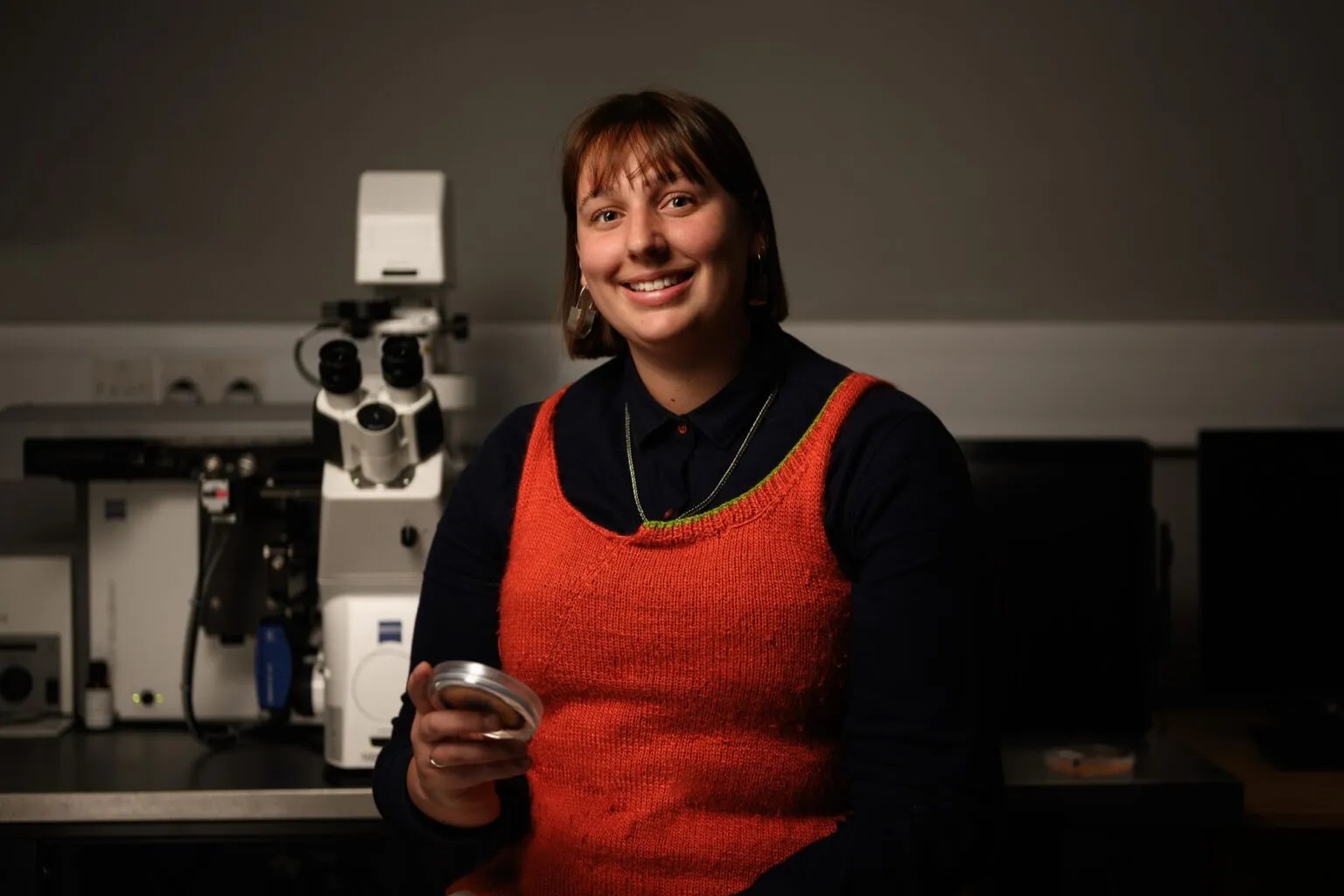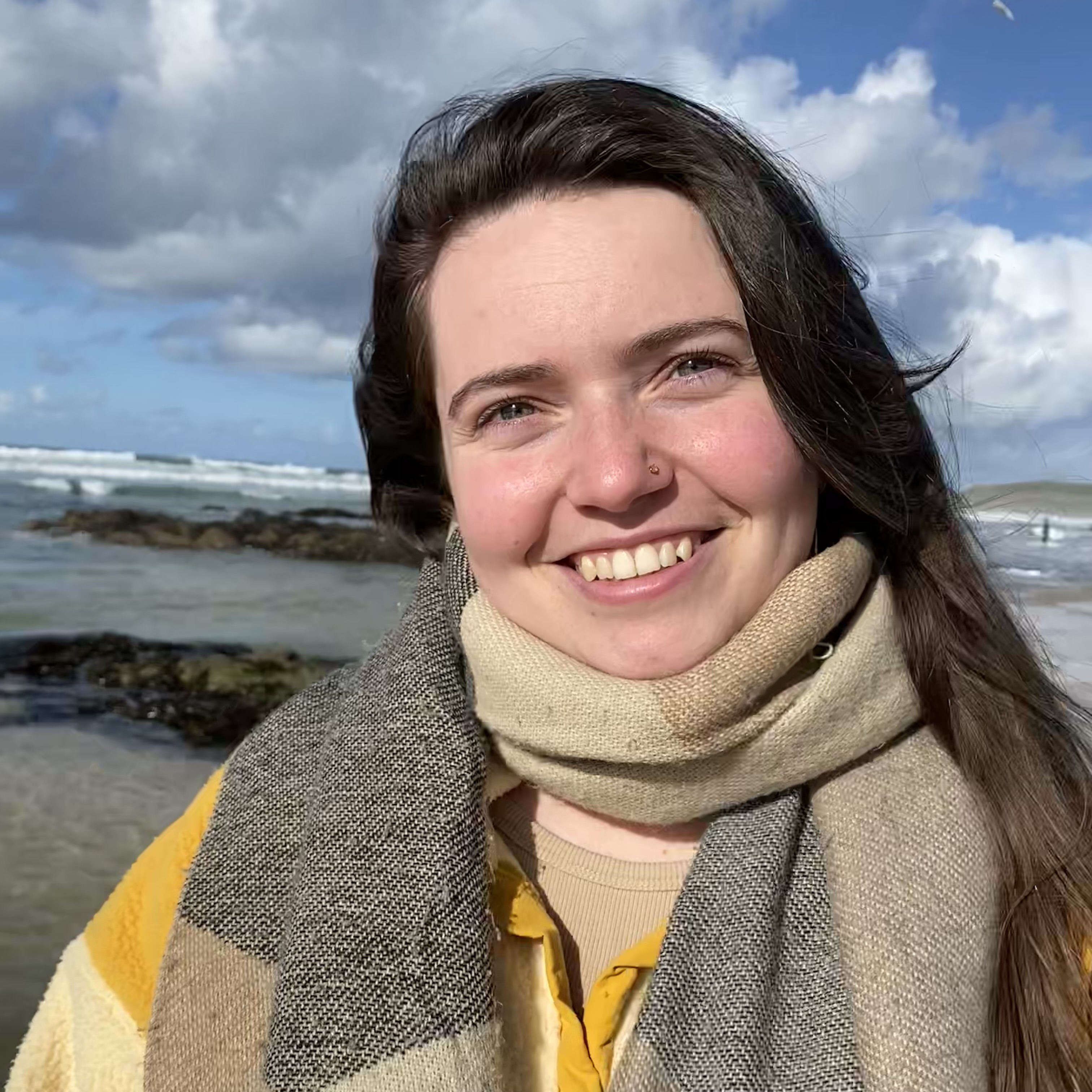Dr Emma Cavan

Emma is a Senior Lecturer at Imperial College London based in the Department of Life Sciences at Silwood Park. She completed her PhD in biological oceanography on plankton poo and the ocean carbon sink in 2016, from the National Oceanography Centre, Southampton. She then moved to Tasmania, Australia, to work as a post-doc at the Institute for Marine and Antarctic Studies at the University of Tasmania. In 2019, Emma moved back to the UK where she took up her second post-doc in ecosystem modelling at Silwood Park, Imperial College London. In July 2020 Emma started her present position at Imperial, a 4-year Imperial College Research Fellowship.
Emma’s research focusses on how climate change and fishing impact the ocean carbon sink. Her focus is to work at the border of both ecology and biogeochemistry.
Key interests include:
- How fishing disturbs food webs, lower trophic levels and the ocean carbon sink
- Role of climate change in disrupting ocean nutrients and lower trophic levels, and how this impacts whole food webs and fishery catch potential
- Emma has particular expertise in the Southern Ocean and Antarctica, particularly krill!
Group members
Dr Cordelia Roberts

Cordelia is a Post-Doctoral Research Associate in Marine Biogeochemistry at Imperial College London based in the Department of Life Sciences at Silwood Park. She completed her PhD in marine microbial ecology and oceanography on the diversity and activity of microbial communities associated with organic material in the marine environment in 2023 from the Marine Biological Association (MBA), Plymouth. She stayed for her first post-doc at the MBA working on characterising the variability in organic material found in Plymouth Sound and the Western English Channel off the coast of Plymouth, and their associated fungal communities. Cordelia joins Emma’s group as part of the NERC funded BIO-Carbon project PARTITRICS. She will be looking at how different particle types (sinking particles and faecal pellets) play a role in the rate of microbial respiration in the North Atlantic. Marine microbes convert organic carbon in particles to carbon dioxide (CO2) during respiration where it is either stored (sequestered) or lost to the atmosphere, meaning they play an important role in setting atmospheric concentrations of CO2. Cordelia will be taking part in a research cruise for 6 weeks to the North Atlantic to conduct fieldwork and experiments to understand how different particle types control microbial respiration in the surface ocean and down to 1000 m, in a depth region of the ocean called the ‘Twilight Zone’. She is also the co-Lead for the BIO-Carbon Early Career Ocean Professional’s Network.
Key Interests:
- Marine Microbial Ecology
- Biological Carbon Pump
- Marine Carbon Cycling
- Polar Marine Environments
- Equity, Diversity and Inclusion in Marine Science
- Science Communication
Alumni
Anona Griffiths

Anona was a Research Assistant, primarily working on the WWF krill and salp project. Anona originally joined the group as a Masters student in 2021-2022, before starting her Research Assistant role early 2023, and then leaving to start a PhD at the University of Tasmania in 2024.
